 Sunday, February 8, 2015 |
Sunday, February 8, 2015 |  Repost
Repost Danone and Mars launch £79m fund for smallholder farmers
REPRINT > by Oliver Balch at Guardian Sustainable Business / Feb 5, 2015
Fund will prioritise key crops including vanilla, cocoa, sugar and palm oil, but Oxfam says multinationals need to improve everyday dealings with smallholders
Danone and Mars, two of the world’s largest food multinationals, yesterday announced their intention to invest €120 million (£79m) over the next decade in an investment fund aimed at increasing the productivity of smallholder farmers.
The Livelihoods Fund for Family Farming will make between four and five investments per year, averaging around €3-5m (£2.3m-£3.8m) each. The projects, which will span Africa, Latin America and Asia, will focus on low-tech, sustainable farming practices that are easy to adopt and quick to scale.
The rationale behind focusing on the world’s 500 million family farmers is self-explanatory, according to Victoria Mars, chairman of the board at the eponymous US confectioner whose brands include M&Ms, Twix and Snickers. Smallholders make up over 70% of the world’s production of raw materials, she notes: “So if we’re going to have all the ingredients we need to make our products, we have an interest in helping them.”
The fund will initially prioritise key crops in Mars’ and Danone’s product lines that are dominated by smallholder production. Examples such as vanilla, cocoa, sugar and palm feature among the “obvious areas”, the fund’s creators say. Other possible options include milk and fruits (in the case of Danone) and mint and peanuts (in the case of Mars), among others.
Large food companies are under increasing pressure from anti-poverty organisations and producer groups in the developing world to help counter the endemic poverty in which many smallholder farmers find themselves. The fund’s specific focus on family farmers is therefore “welcome and necessary”, according to Irit Tamir, policy advisor for anti-poverty group Oxfam.
“It is good to see major companies recognise that smallholder farmers are bearing the greatest risks in value chains” says Tamir, adding that appropriate investment in small-scale farming can potentially be a “great way to attack hunger and poverty”.
The fund, which is governed independently from the two companies, will look to work through “best-of-class” non-profit organisations with proven experience of implementing smallholder programmes, says Frank Riboud, chairman of the board of directors at Danone.
While Riboud accepts that securing future supply represents a key motivation for both Danone and Mars, he insists that the fund is also designed to improve farmer livelihoods, protect the environment and provide food security for the planet’s projected 9 billion population come 2050.
“Our role is not just to sell a bottle of water or a cup of yoghurt. It’s much more than that. We need to look after our ecosystem, and what is more important in our ecosystem than the farmer selling to us milk, fruits, coffee, chocolate and so forth?” states Riboud.
Danone and Mars hope other companies will follow their lead and invest additional equity in the fund. Likewise, the two companies are talking with government agencies and international lenders about possible debt finance.
Worthy as the initiative sounds, how different is it from other well-meaning funding initiatives focused on agriculture? Bernard Giraud, president ofLivelihoods Venture, the entity responsible for managing the fund, highlights three features that set it apart.
The most obvious is the fact it’s private sector-led, he says: “What is important to us as a fund is that companies don’t just bring money, they bring connections to the supply chain and all the expertise that they have accumulated on specific products.”
Second, the fund’s focus is not on infrastructure or other capital-intensive projects. There are plenty of investors building processing plants or installing irrigation facilities, he suggests. There are far fewer in the “little farm of two hectares and low investment capacity”.
Finally, the returns are unconventional. For starters, social and environmental factors weigh alongside economic concerns. Key output measures of those projects backed by the fund, for example, will comprise increases in farmer incomes, improvements in farmer livelihoods and benefits to the environment (especially carbon emissions mitigated or sequestered through reforestation).
On the revenue side, Mars and Danone hope to attract investment from both the public and private sector for the non-farmer benefits generated through its sponsored projects. Bernard gives the example of a water utility paying in lieu of water savings, for instance, or decreases in pollution. A government agency, on the other hand, might agree to co-finance a project that is shown to deliver increased yields.
Any financial returns will be used to repay any debt raised, with the remainder reinvested in future projects. In some cases, private investors may also be eligible for carbon credits that can be traded or used to offset their emission reduction obligations.
“This model is unique in that the fund is trying to achieve a return in order to drive more impact”, says Barry Parkin, chief sustainability officer at Mars. “We’re trying to monetize the non-farmer benefits of these activities, in order to plough this back into the fund to help more farmers.”
“I think this sort of public-private model is highly attractive to a number of actors who want to drive change, so I’m hopeful that we’ve got the basis of something here that can drive major scale and is replicable by others”, he adds.
The fund isn’t entirely without precedent. In 2011, Danone launched a carbon investment fund, which has today grown to around €40m and counts nine other corporate investors, including Schneider Electric, Crédit Agricole and Hermès. The fund has so far financed the planting of 130m trees that it claims will sequester an estimated 8m tonnes of carbon dioxide.
Mars also has a number of existing smallholder programmes. Among the most notable are its partnership-based Vision for Change initiative in the Ivory Coast, which promotes crop research and agro-forestry methods.
Welcome while these moves are, Oxfam’s Tamir calls on Danone and Mars to integrate the values of the new fund into their everyday dealings with small-scale suppliers. In so doing, the livelihoods of “many millions more people” could be improved, she argues.
“To truly create opportunity for smallholder farmers, the food industry must shift more value from the traders and manufacturers back to the people and workers who grow their food”, she says.
The food hub is funded by The Irish Food Board. All content is editorially independent except for pieces labelled ‘brought to you by’. Find out more here.

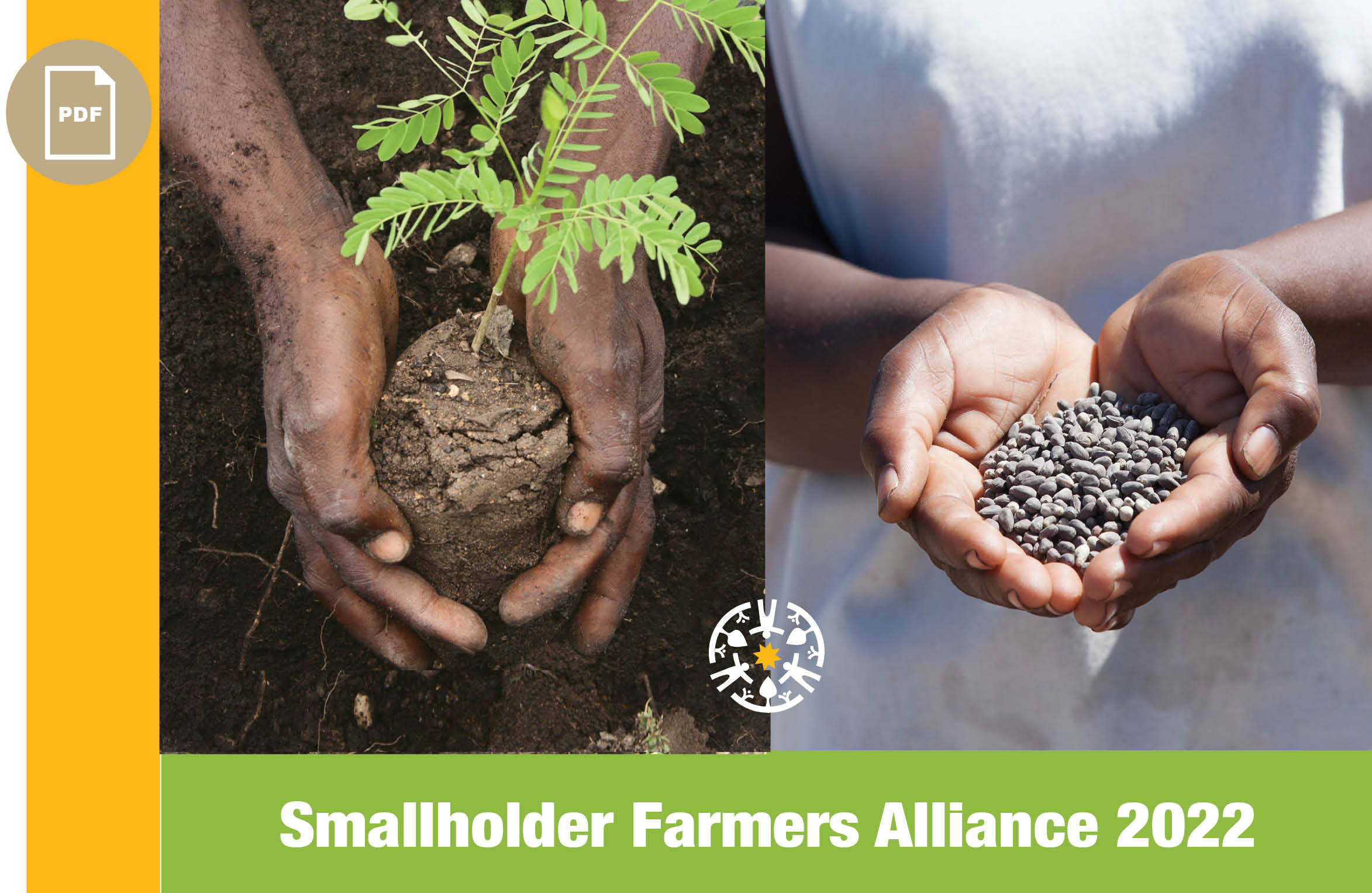
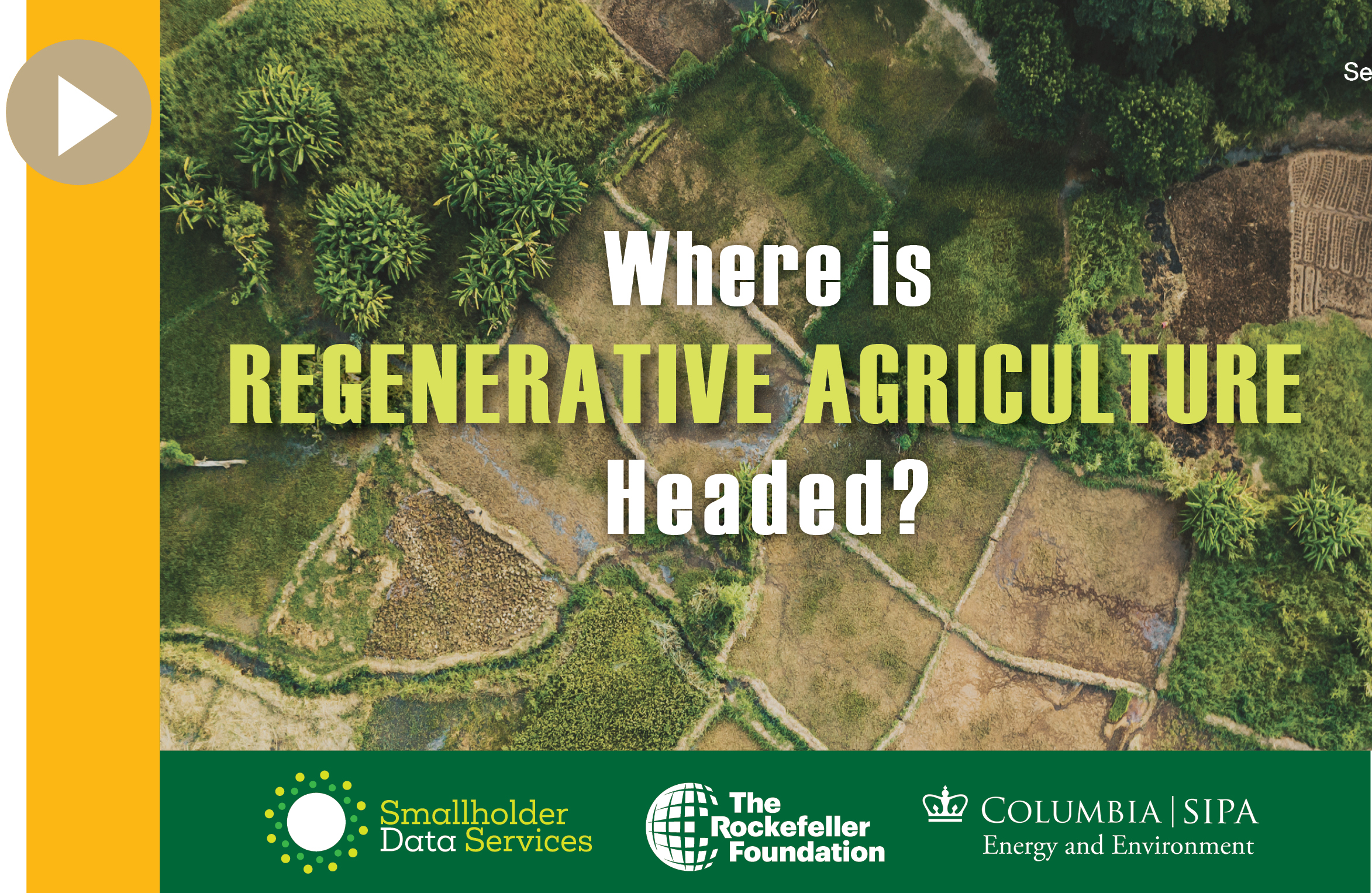
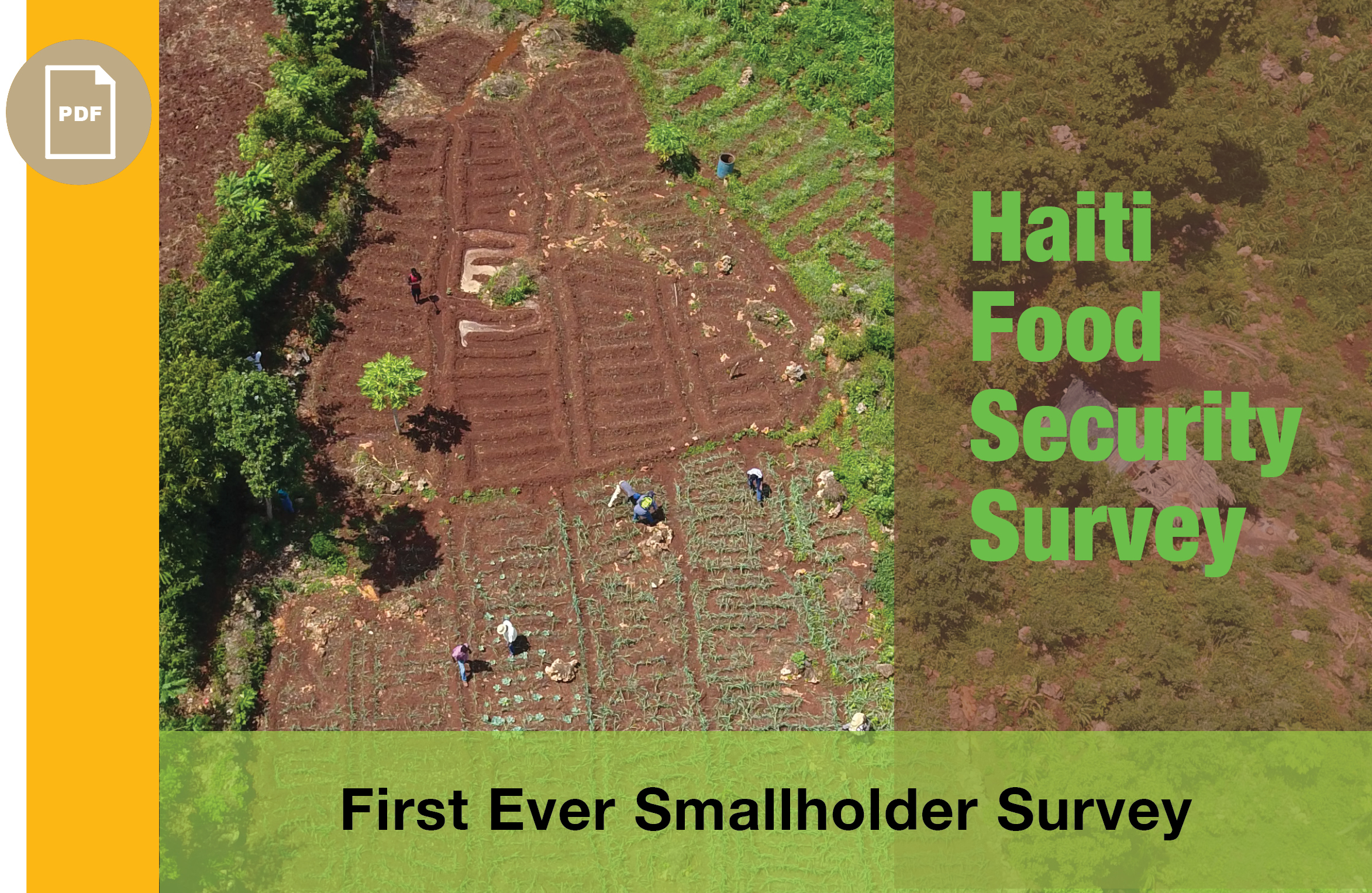
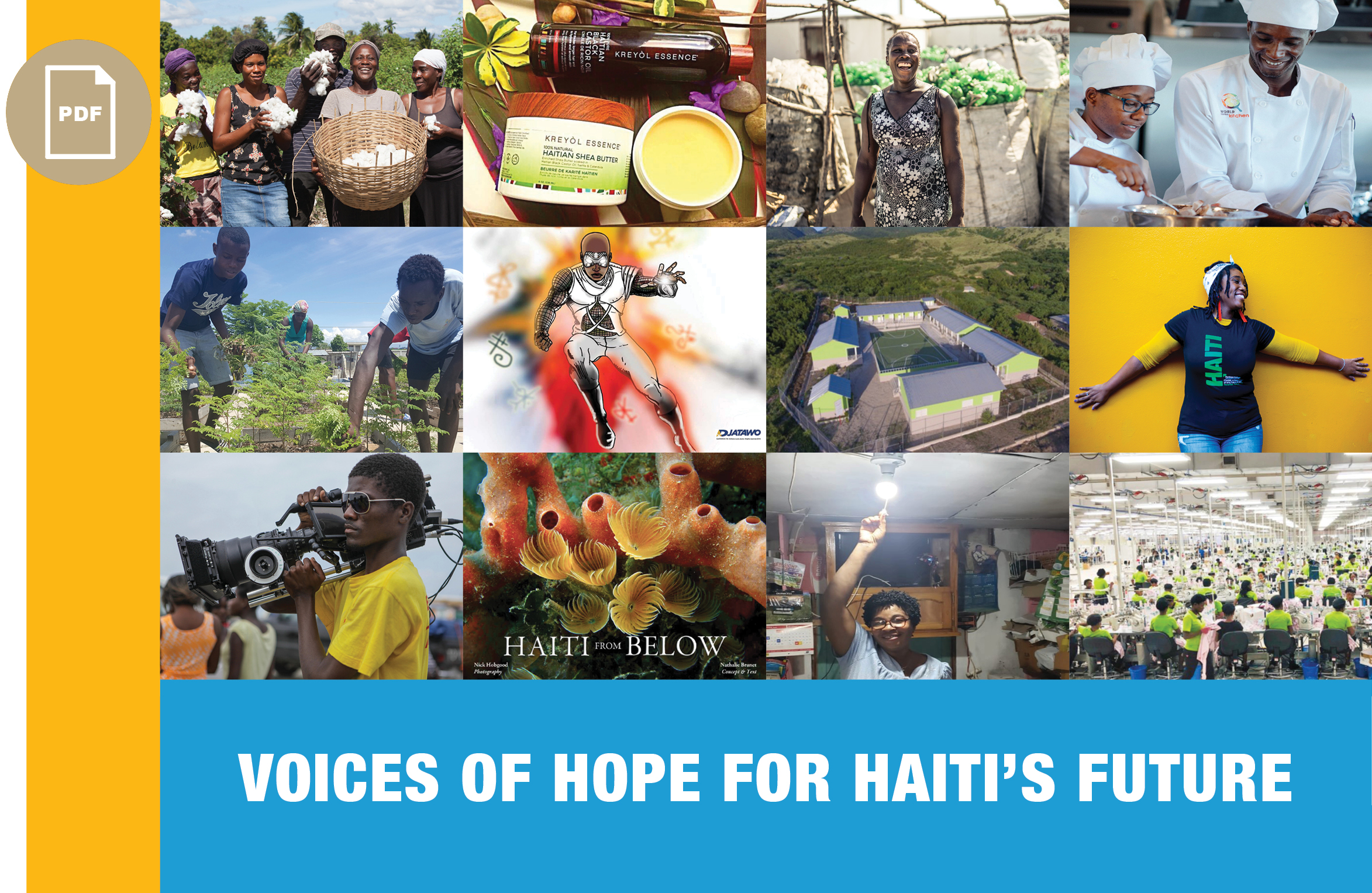
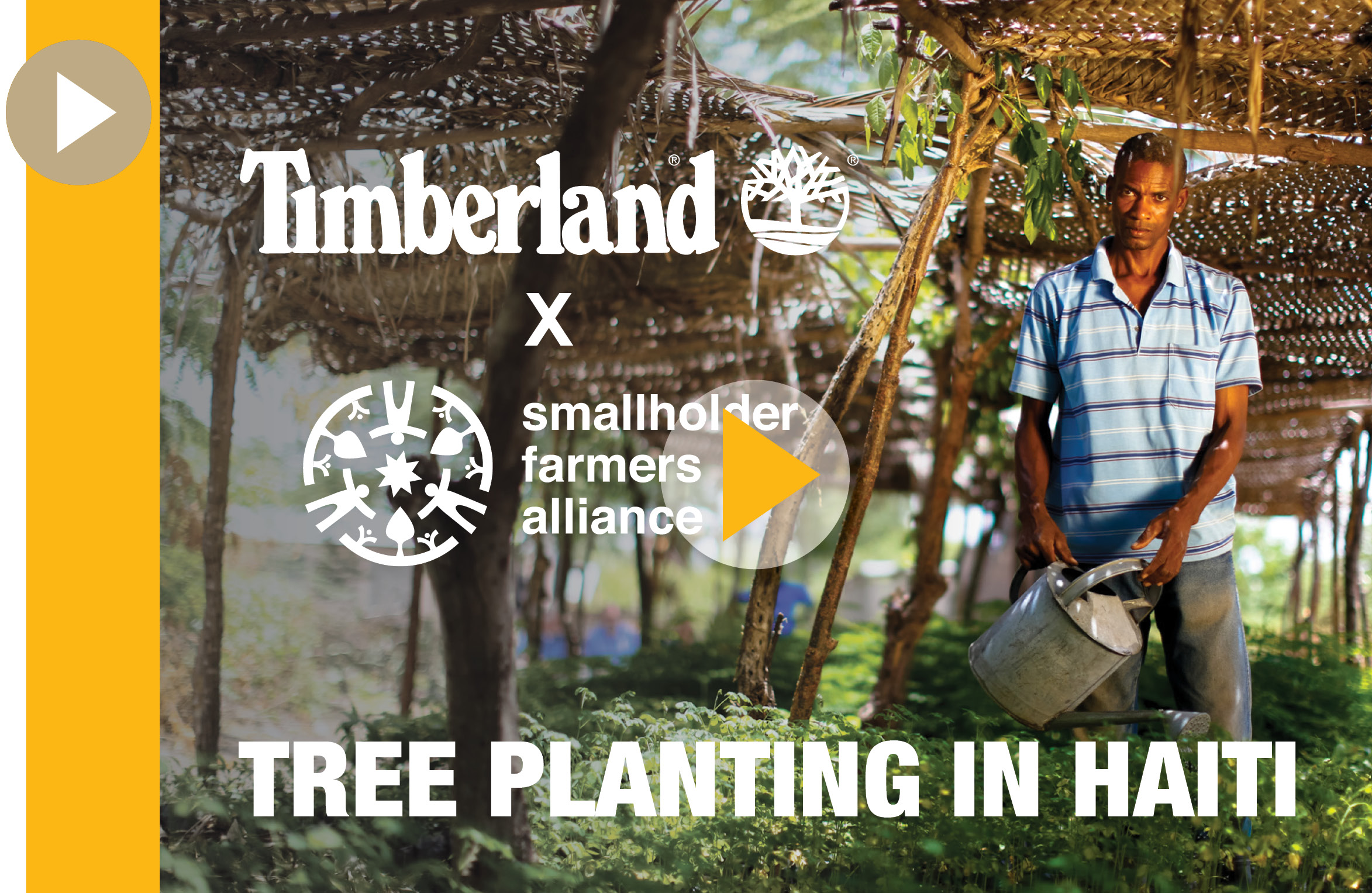
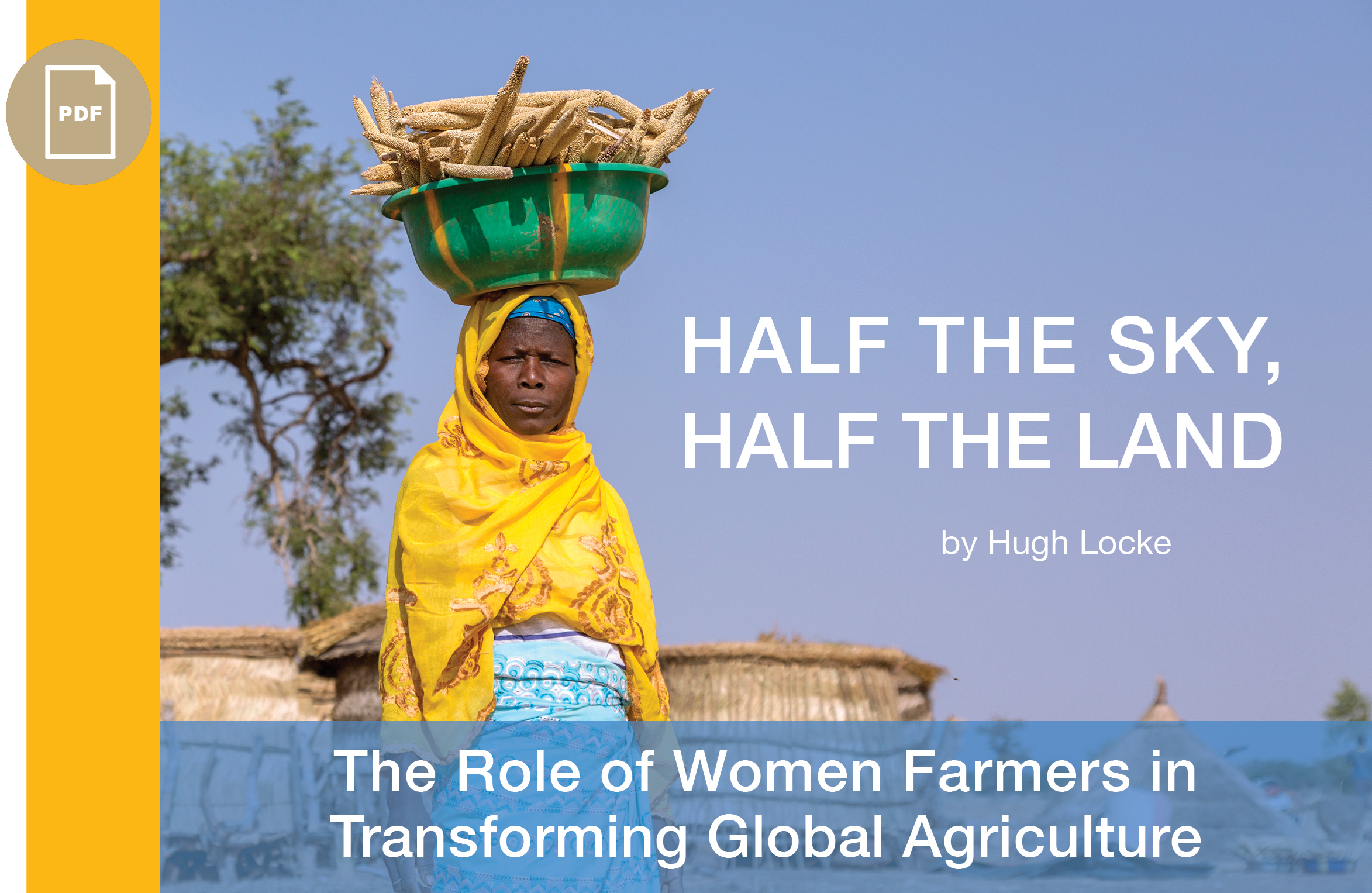
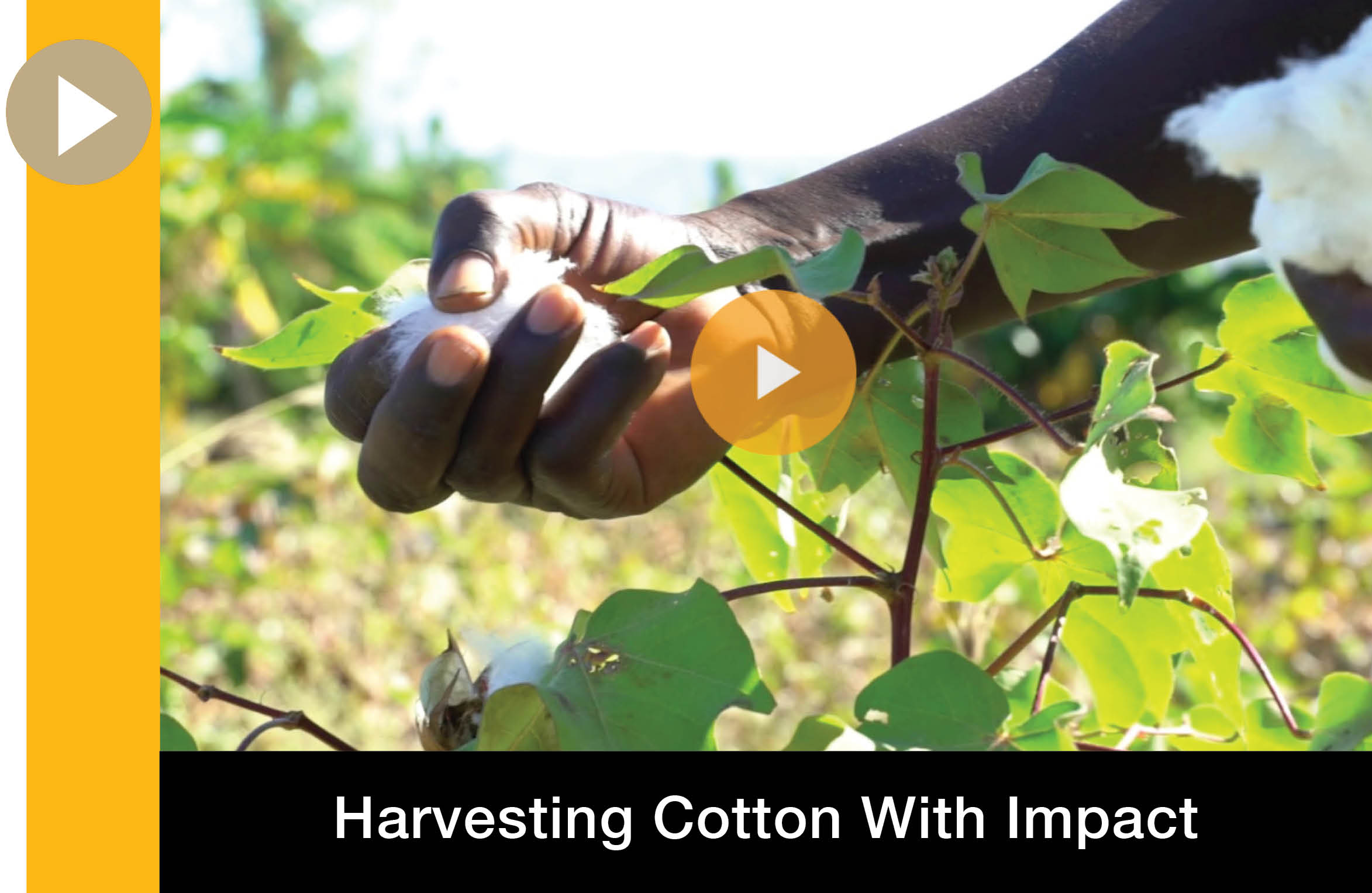
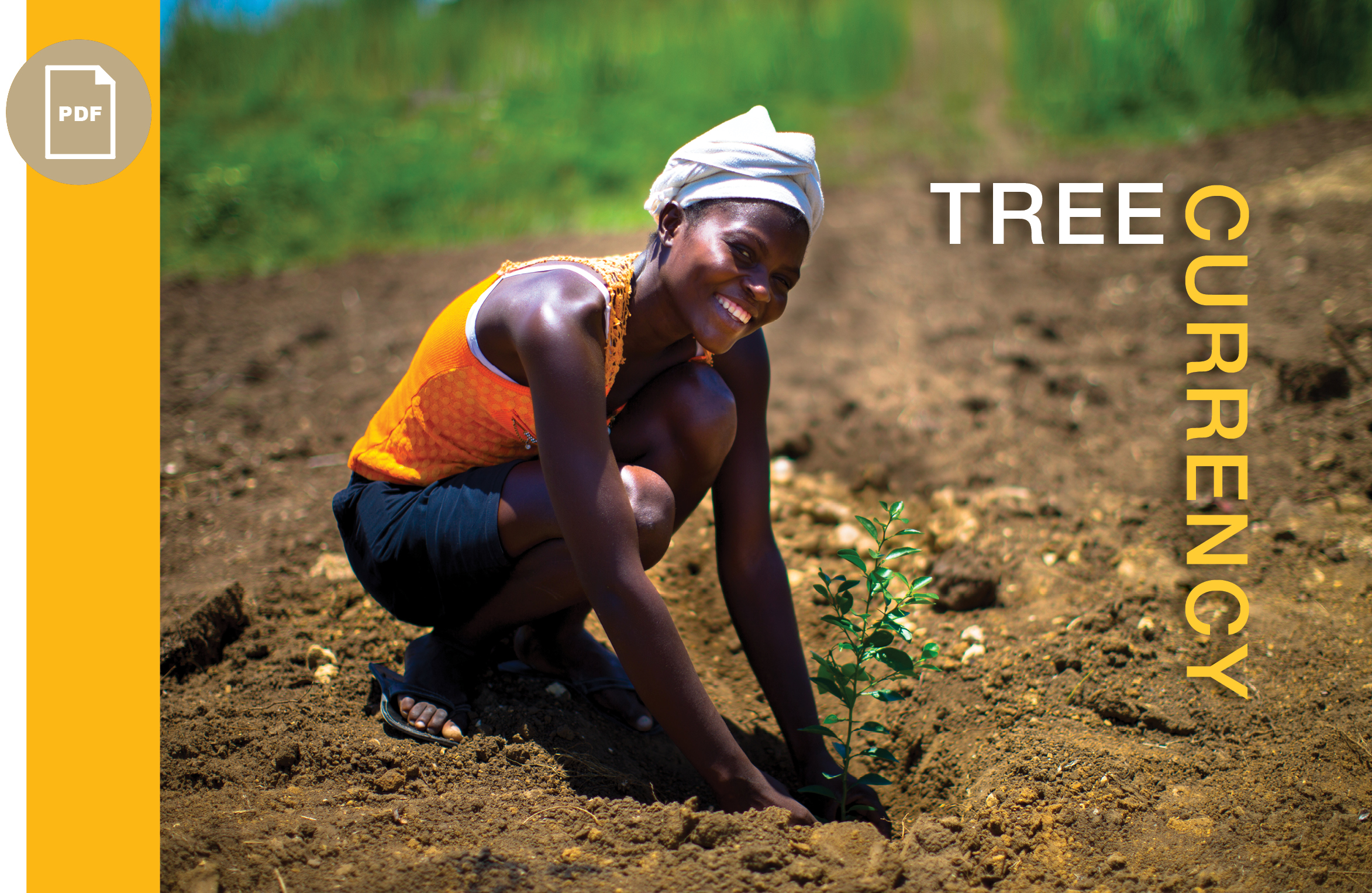
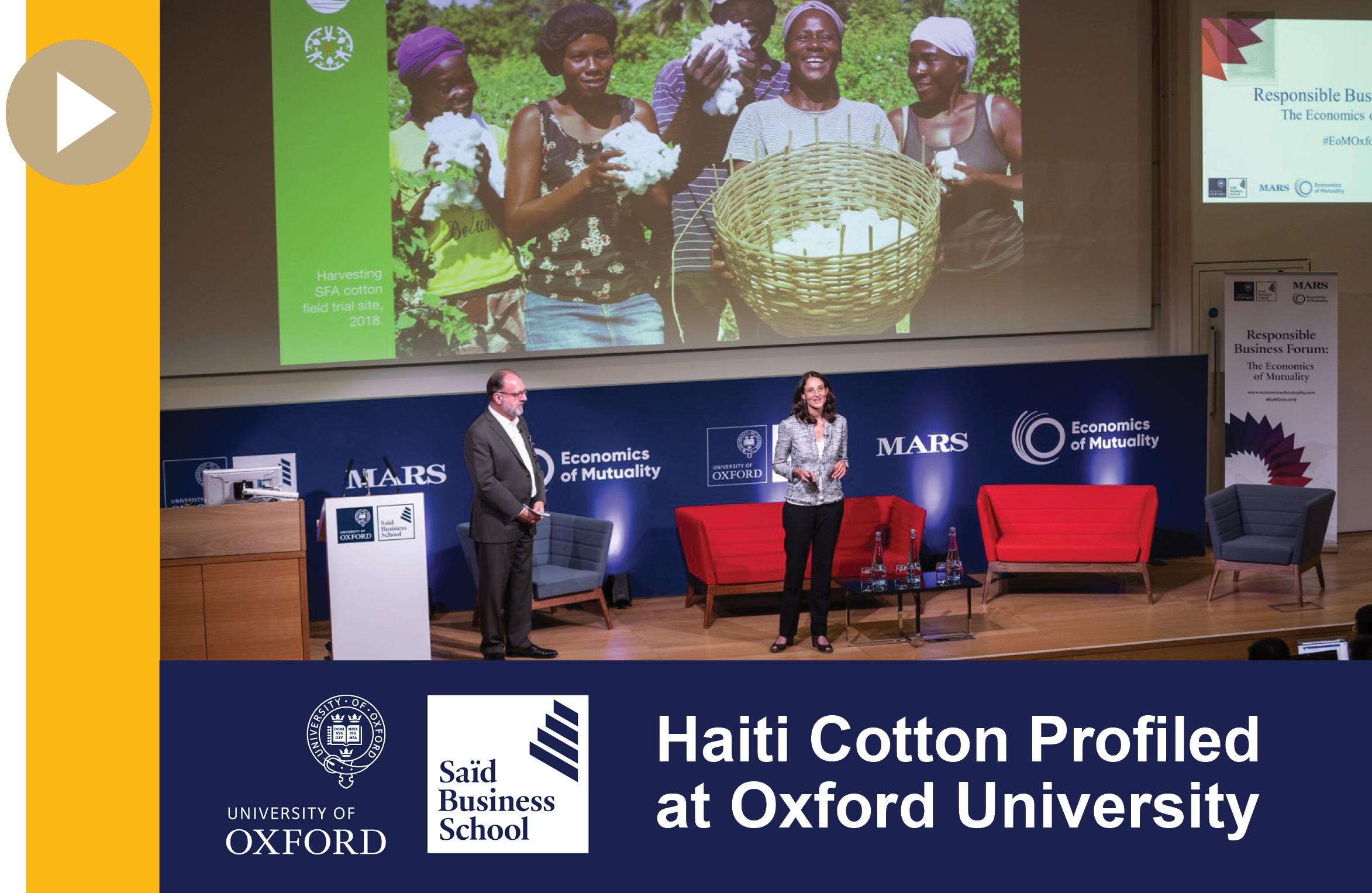
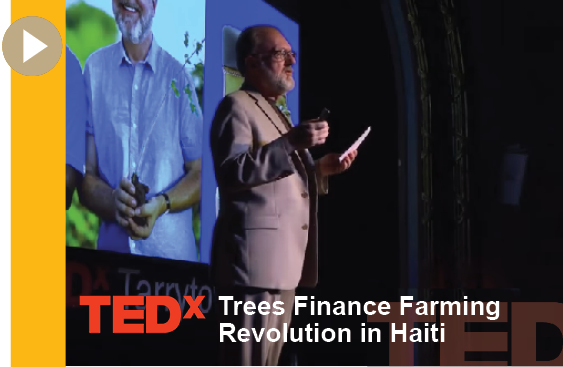
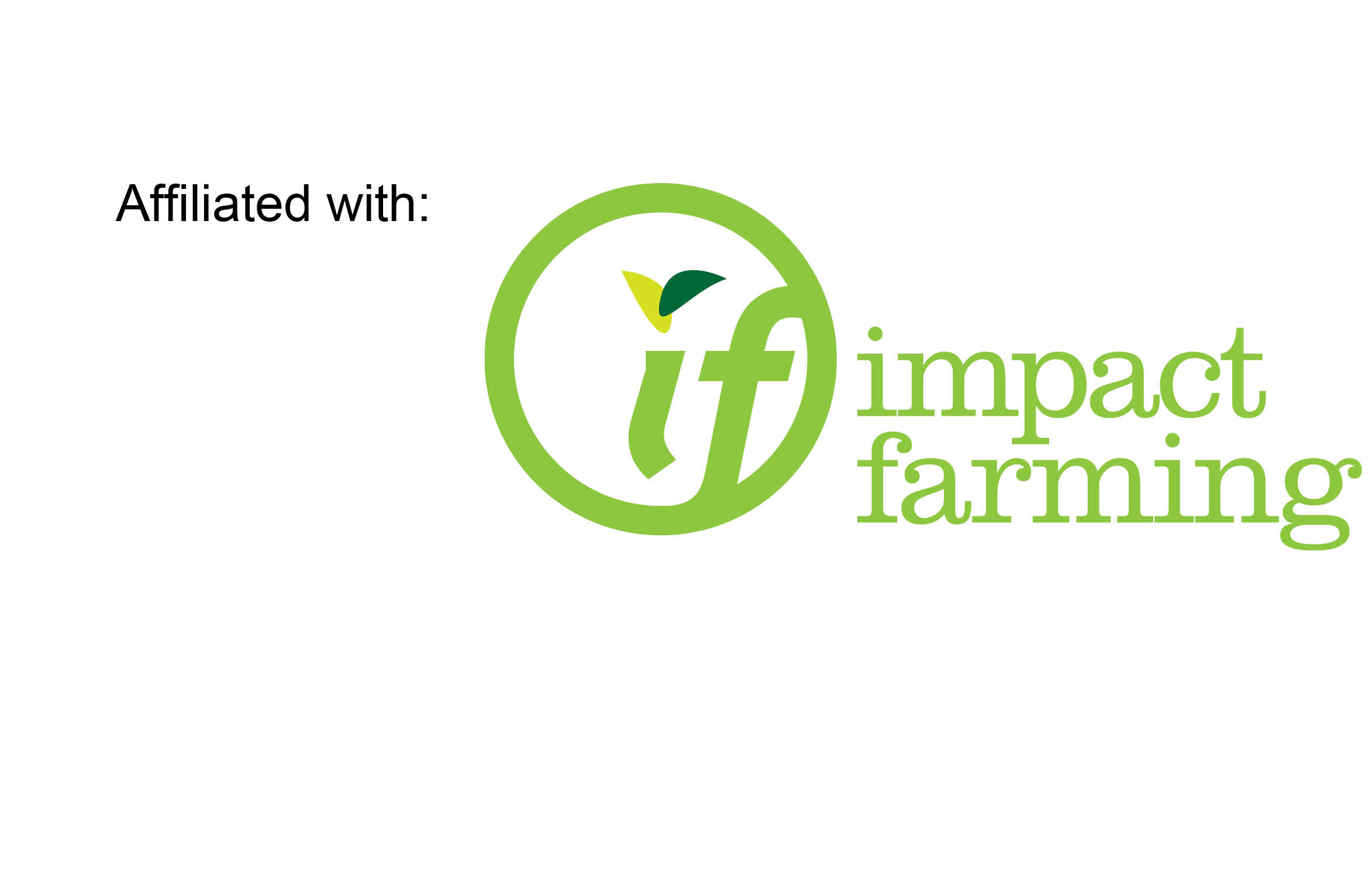

Reader Comments